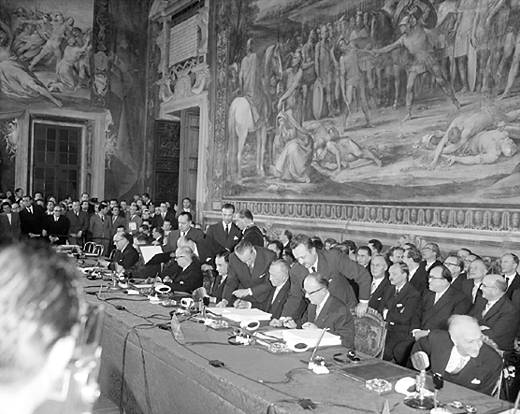 By Maarten den Heijer
By Maarten den Heijer
Anyone who regularly follows the activities of the Council of Europe will sooner or later stumble upon the name of Dick Marty. Dick Marty is a Swiss representative in the Parliamentary Assembly of the Council of Europe who is one of Europe’s frontrunners in the fight against counterterrorism strategies which compromise human rights. Although not all his reports and statements remain unchallenged, he always manages to touch the sore spot. Continue reading

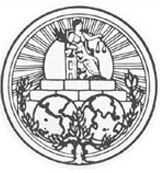 By Maarten den Heijer
By Maarten den Heijer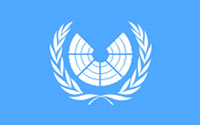 By Otto Spijkers
By Otto Spijkers
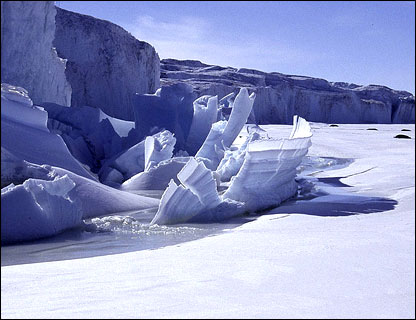 Maarten den Heijer
Maarten den Heijer By Otto Spijkers
By Otto Spijkers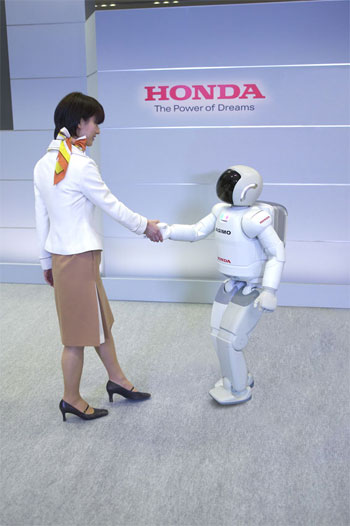
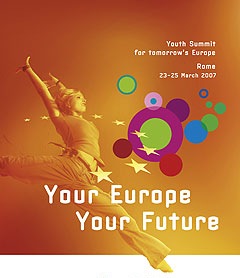 European nations are bound within by history, by language, by culture, sometimes by skin color. The idea of Europe is to lift above all of that, to abstract from all the qualities that caused hate and war. It is very similar to the American identity, whose achievement is to unify all the disparate parts: people with different backgrounds, ideas, races and religions.
European nations are bound within by history, by language, by culture, sometimes by skin color. The idea of Europe is to lift above all of that, to abstract from all the qualities that caused hate and war. It is very similar to the American identity, whose achievement is to unify all the disparate parts: people with different backgrounds, ideas, races and religions. 